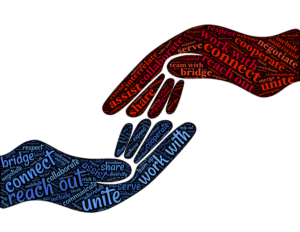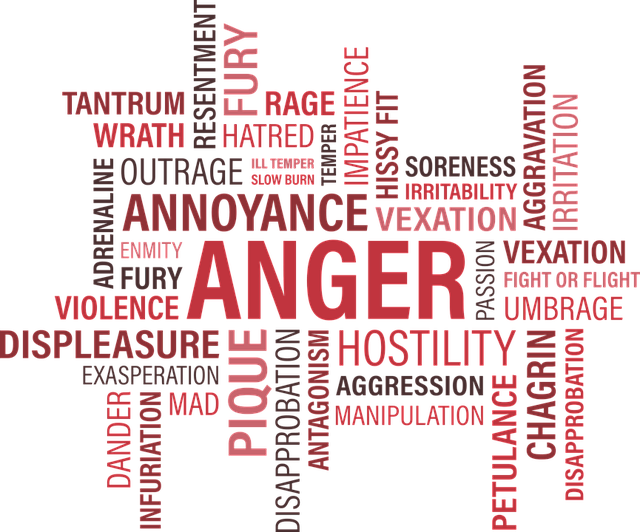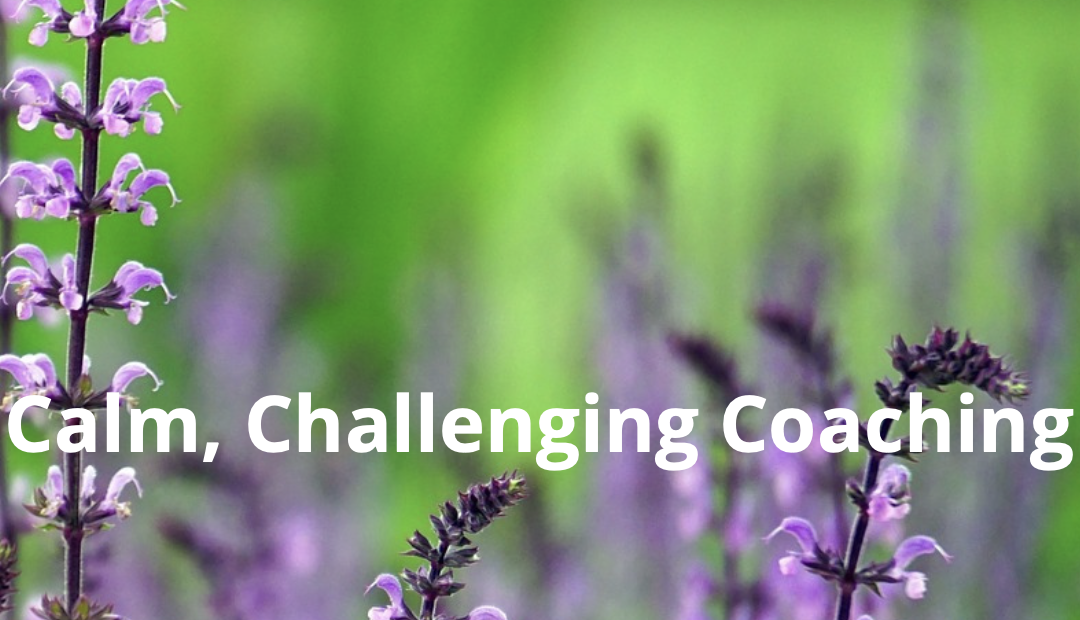I have spoken before about random acts of kindness and how they can improve your own wellbeing as well as that of the person you are kind to. The other morning, in my community, a young dog was abandoned. There was an outcry of anger that someone could do such a thing before the community started to pull together to right the wrong. Someone contacted security, someone else caught the dog and took it to the vet as it was injured. Others contributed to the bill and started to look for the owner. He was given a safe place to stay and a rota of sitters was established while the fosterer went to work.
This event has given the community something to work together on, building stronger ties and spreading the load. The anger and injustice we felt triggered us to do something to change things. It also made me think.
Anger is usually seen as a negative emotion. Anger management courses teach people to reduce their anger responses so that the anger does not spiral upwards into rage and violence, but anger is not only negative. It can alert us to something that is wrong. The positive side to anger is that it can be a catalyst for action, making our lives and that of others better. By recognizing the root of anger and taking a moment to accept the emotion, before examining its cause, we can harness its energy.
The second thought I had was that I applauded the lady who took in the dog. Although she initially took on the burden of care on herself, she did not wallow in self pity or resentment that she had the added responsibility of a stressed and injured animal, but turned to the community for help. This reduced the strain on her, and also improved community bonds as we were able to exercise kindness to both her and the dog, taking it in turns to sit with him, recognizing and thanking her for her action, and meeting neighbours we had not met before, forging more ties for each of us that we might call on at another time.

In an expat community, where we do not have the family and friendship ties from living in one place all our lives. People constantly move in and out of the country, so we all need to work on forging new bonds and creating communities. Having people to turn to when things get tough helps you get through the hard times and minor set backs and come out the other end smiling.
So look around you, how can you build a stronger community around you?







